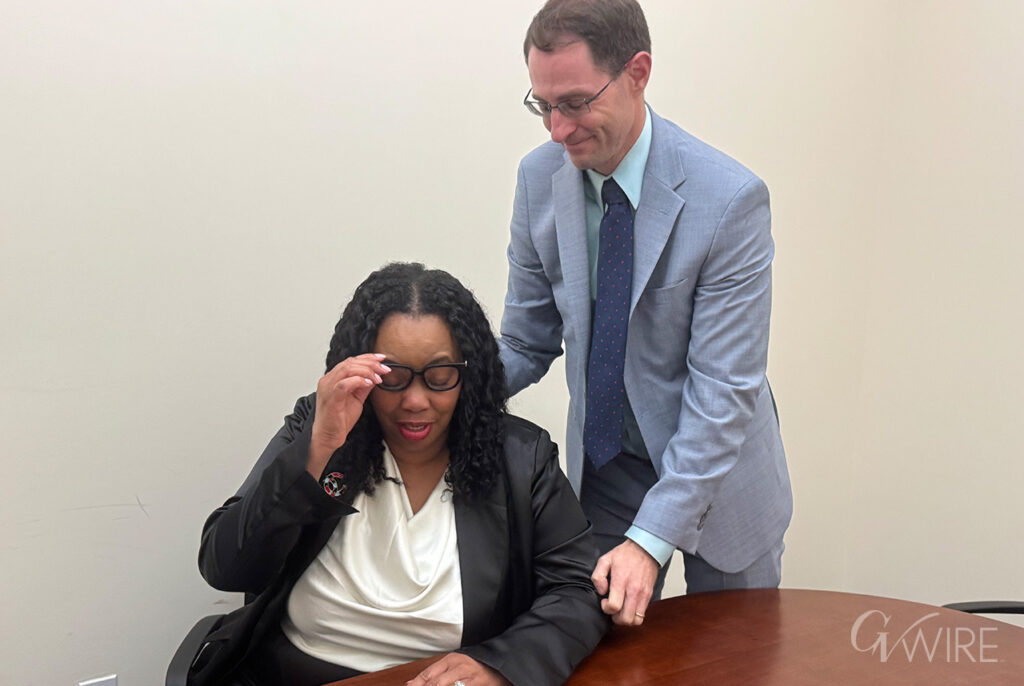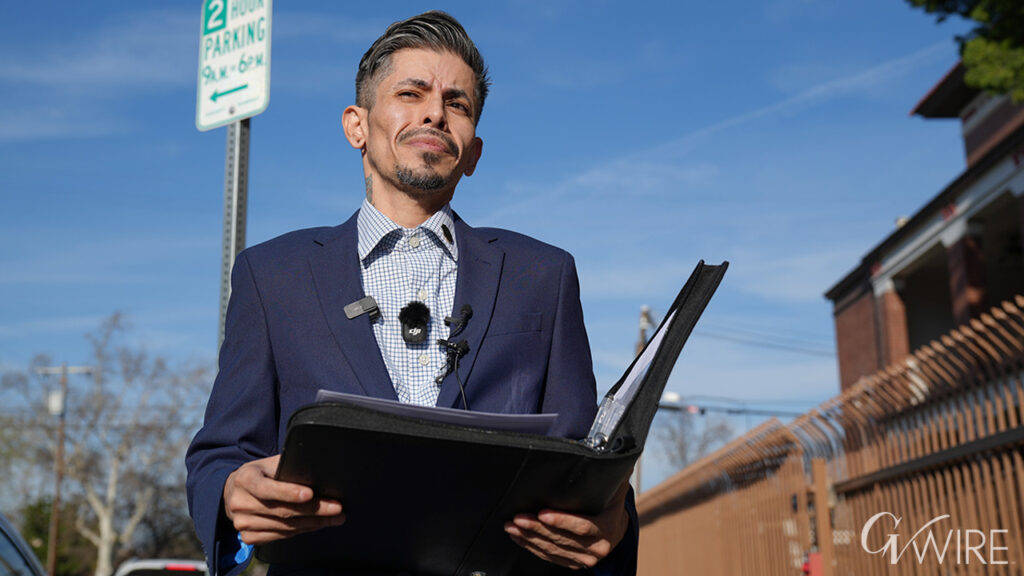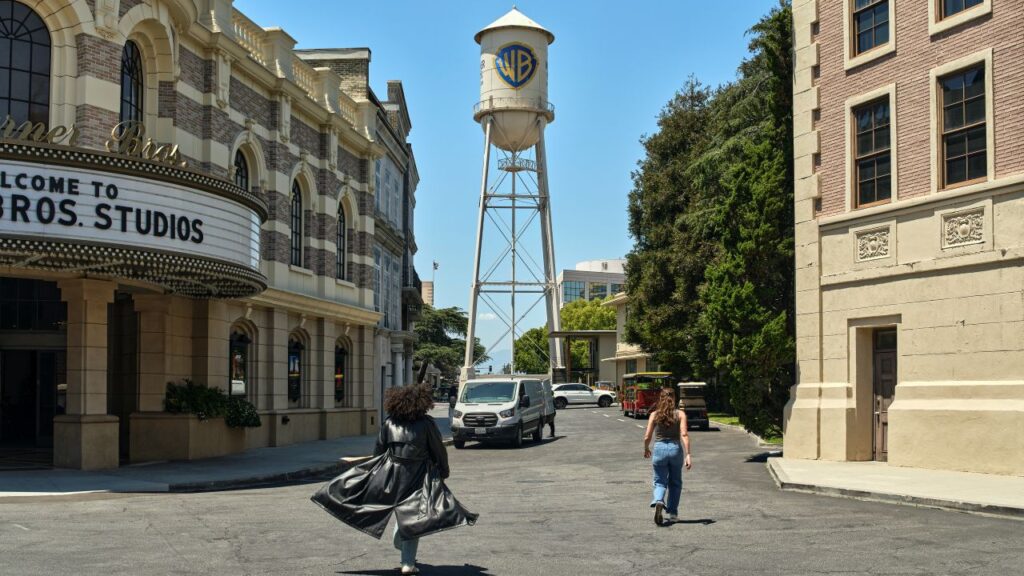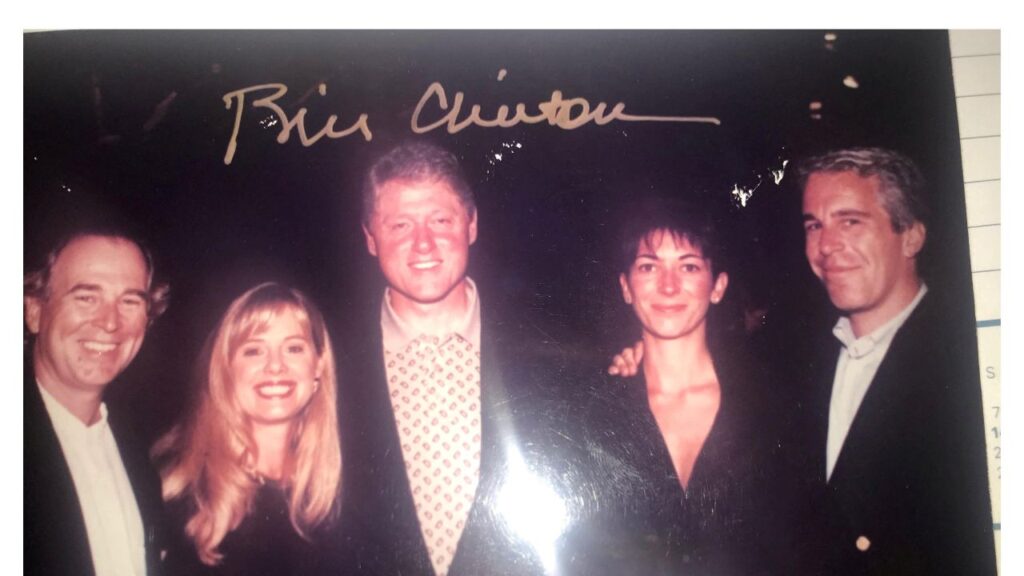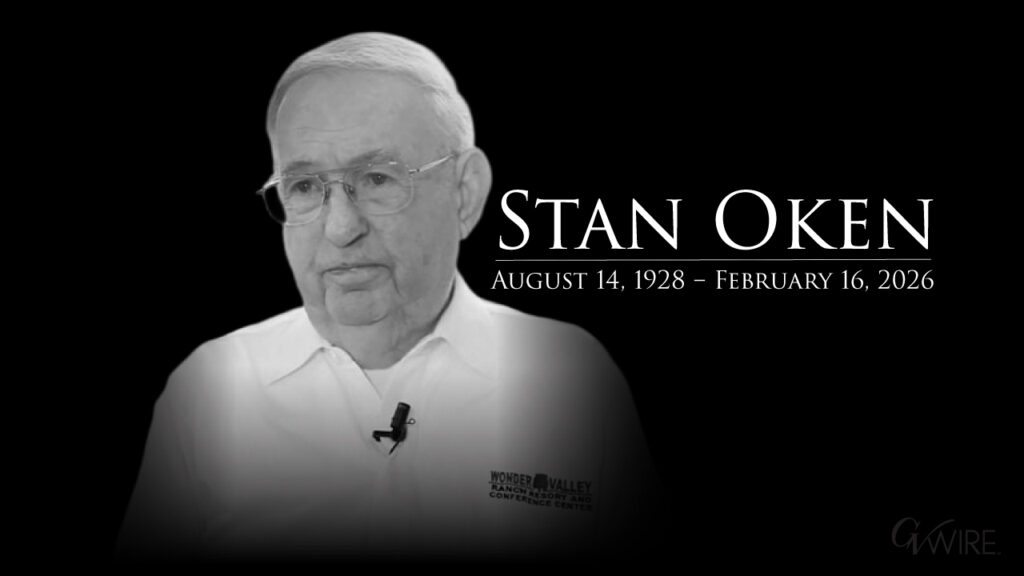In the heart of California's Capitol, a tale of budget secrecy and reform unfolds, echoing a historic bipartisan stand against hidden agendas. (CalMatters/Rahul Lal)

- The California budget is being drafted in secrecy, mirroring a similar situation 50 years ago.
- In 1974, a budget loaded with state park projects drew sharp criticism.
- The criticized budget was drafted by two Democratic chairmen, Sen. Randolph Collier and Assemblyman Willie Brown.
Share
|
Getting your Trinity Audio player ready...
|
A minor miracle occurred in the California Capitol 50 years ago this month when a bipartisan majority of state senators refused to accept a pork-laden budget that was drafted in secret by two powerful legislators.

Dan Walters
CalMatters
Opinion
It’s a tale worth retelling because the current budget is also being written in secrecy. The process needs another shakeup.
In those days, the accepted practice was for the chairmen of the Legislature’s two budget committees to write the final state budget, taking into account what the governor and individual legislators wanted included. Accordingly, two Democratic chairmen, Sen. Randolph Collier of the Senate Finance Committee and Assemblyman Willie Brown of Assembly Ways and Means, drafted a $10.3 billion budget for 1974-75.
The ‘Park Barrel’ Budget Controversy
When Collier presented the budget to the full Senate, however, it drew sharp criticism because it was loaded with state park projects for the North Coast district where Collier was seeking reelection in 1976. It was much different than his traditional political base in the northeastern corner of the state thanks to a redistricting plan adopted by the state Supreme Court.
It was dubbed “park barrel” by Collier’s critics, particularly liberal Democrats from urban areas who had long felt slighted by the Senate’s dominant coalition of Republicans and conservative Democrats.
They accused Collier of feathering his newly created political nest, rather than serving the whole state.
“Urban areas, such as I live in, never get any pork in the barrel,” Watts Democrat Mervyn Dymally complained.
Collier was stripped of his Finance Committee chairmanship and replaced by Sen. Anthony Beilenson, a Democrat from West Los Angeles. A new budget was drafted, and the entire process was made more transparent with public, item-by-item discussions by a budget conference committee including members from both houses.
Related Story: California Lawmakers Fast-Track Restaurant Exemption to Hidden Fees Law
The Evolution of Budget Transparency
The transformed system wasn’t perfect, but allowing interest groups, the public and reporters to see what was being considered was a big step forward. One of the most interesting features was compelling legislators to make their requests for specific items in public, rather than whisper them to the two legislators writing the budget.
Alas, budget transparency faded over time, beginning when a Democrat-dominated Legislature had to contend with Republican governors George Deukmejian and Pete Wilson in the 1980s and 1990s.
The public processes gave way to private negotiations by the so-called “Big 5” — the governor, two Democratic legislative leaders and two Republicans. The latter had to be included because at least a few GOP votes were needed to achieve the required two-thirds margin.
Since the process involved both parties, it was difficult to sneak questionable items into the budget.
The budget process regressed further after voters in 2010 endorsed a Democratic ballot measure, Proposition 25, that dropped the budget vote to a simple majority. Democrats then won the governorship and achieved supermajorities in both legislative houses.
Related Story: California Should Fight the Ticketmaster Monopoly, Not Embolden It
Ever since, the Democratic leaders of both houses and Democratic governors have written the final budget behind closed doors.
Thanks to Prop. 25, transparency suffered yet another blow with the proliferation of budget “trailer bills” that are passed with simple majority votes, take effect immediately upon being signed, and are shielded from challenge via referendum.
Governors and legislative leaders use trailer bills to enact major changes in state policy that have little or no real connection to the budget with little or no public exposure or input.
The Big 3 negotiations are now underway, and dozens of trailer bills are being drafted. We won’t really know what the budget package contains until it’s been whisked through the Legislature with little or no real discussion — no small thing given the state’s massive budget deficit.
About the Author
Dan Walters has been a journalist for nearly 60 years, spending all but a few of those years working for California newspapers. He began his professional career in 1960, at age 16, at the Humboldt Times. CalMatters is a public interest journalism venture committed to explaining how California’s state Capitol works and why it matters. For more columns by Dan Walters, go to calmatters.org/commentary.
Make Your Voice Heard
GV Wire encourages vigorous debate from people and organizations on local, state, and national issues. Submit your op-ed to bmcewen@gvwire.com for consideration.






